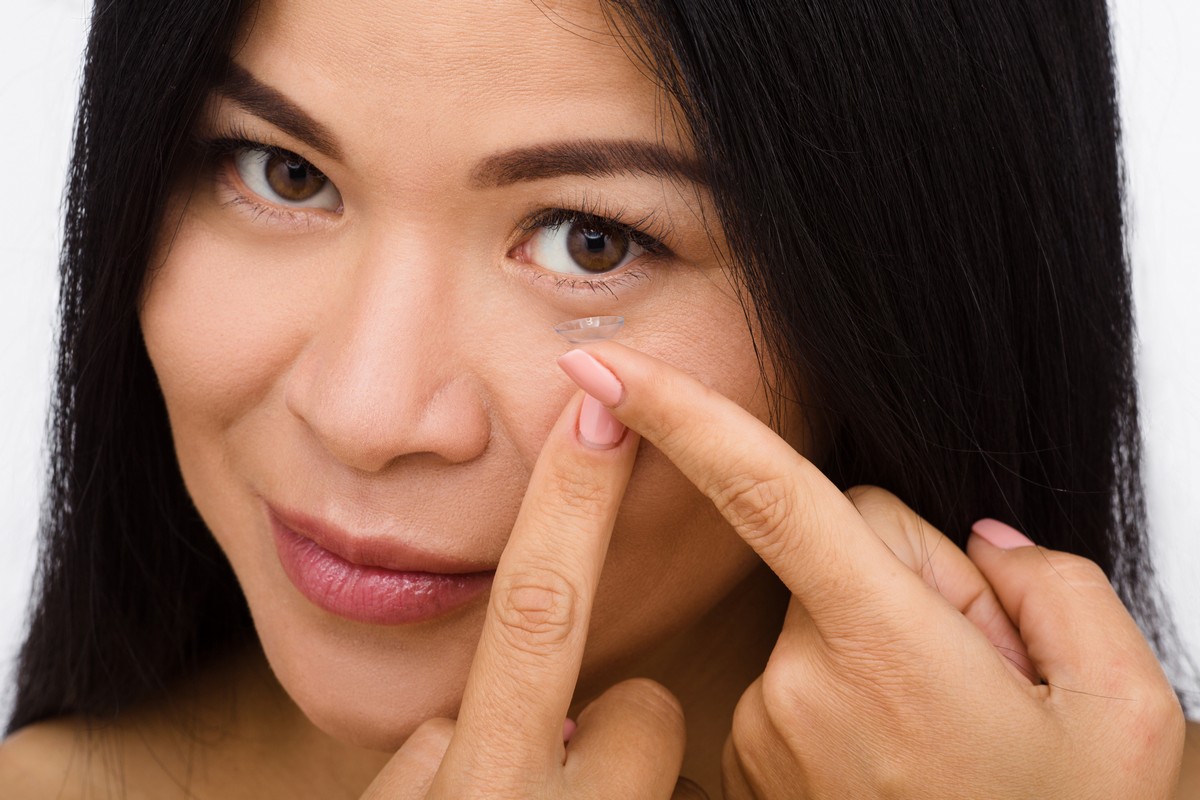Should I Get Contacts? The Pros (and Cons) of Making the Switch

According to a study by The Vision Council, three out of four American adults use a form of vision correction to improve their eyesight. Of these nearly 189 million people, glasses are the preferred choice. The study shows that 71% of people opt for eyeglasses while 22% use contact lenses.
But which is better for improving vision? It comes down to personal preference. Both come with their own pros and cons and one isn't necessarily better than the other.
Do you wear eyeglasses? Have been asking yourself, “Should I get contacts?” Well, here's everything you need to know about the pros and cons of making the switch.
Contact Lenses Give You Full, Clear Vision
Unlike eyeglasses, contacts cover the whole colored part of your eyes. Contacts move when your eyes move. This means you experience full peripheral vision. With the right prescription, objects both far and near are in sharp focus.
You won't experience any distortion or glare from wearing contacts. Contacts also don't develop condensation the way glasses do on a rainy day or in cold weather. If you've been wearing glasses for some time, you may find contacts give you a whole new level of freedom.
Contacts also eliminate the need for purchasing prescription sunglasses. Instead of waiting for an expensive pair of prescription sunglasses to be custom made, you can immediately buy any pair you like at any store. This also means you have more of a selection. And perhaps best of all, if you lose a pair of sunglasses, it’s no problem to replace them.
They’re More Comfortable for Athletes and Active People

If you take part in a sport or you're an active person who loves exercise, then contacts are the way to go. While glasses can fall off your face or break during physical activity, contact lenses stay put. You are free to make all kinds of movements while wearing contacts, without fear of losing them.
Contacts also give you the freedom to wear protective headgear and eyewear, such as helmets or goggles. Your peripheral vision is unencumbered while playing sports. Eyeglasses tend to move around or jump up and down, and can easily get knocked off.
For active people, contacts provide the best level of freedom and comfort.
They May Boost Your Self-Esteem
Eyeglasses today come in an array of styles, sizes, and colors to flatter any face. But not everyone enjoys wearing them. Contacts can help children and teens feel better about their appearances. Some kids get teased in school for wearing glasses. Contacts can create a more positive experience for them.
Without anything obstructing your facial features, you may feel more confident wearing contacts. You can feel free to experiment with makeup and show people more of your face.
Wearing contacts also eliminates having to find the right pair of glasses that flatter your features. And colored contacts give you the fun option of experimenting with different eye colors or enhancing your current one.
Contacts May Create More Work and Care

One of the downsides of wearing contact lenses is their care involves a little more work than eyeglasses. You need to handle contacts carefully and clean them daily to prevent eye infections. Eyeglasses, on the other hand, just need to be cleaned regularly and stored in a protective case to prevent them from being damaged.
Some contact lenses are designed to be worn for days on end, even while sleeping. These types of lenses won't have to be taken out and cleaned daily. But wearers still need to remove them to give their eyes a rest and when instructed to prevent eye problems.
You may also experience a bit of trial and error when learning how to put in contact lenses. It takes some time getting used to the sensation of wearing contact lenses, but most people no longer notice them after a few days.
Don’t worry if it’s initially hard to deal with your contacts. Your eye care professional will help you insert and remove them to make sure you're handling them properly.
They Increase Your Risk for Eye Diseases
Wearing contact lenses can increase your risk for developing certain eye conditions or diseases. Note that proper care and removing them when needed will greatly decrease the risks.
The most common threat from wearing contact lenses is keratitis, a corneal infection. The cornea can become infected from harmful bacteria and fungal organisms.
Washing your hands before inserting or removing lenses is paramount. Cleaning them properly should also cut down on the risk of getting keratitis. You might experience uncomfortable or unusual symptoms with your eyes such as redness, pain, tearing, irritation or blurred vision. If this happens, remove your lenses and contact your doctor immediately.
If you smoke while wearing contacts, your eyes might get red and irritated from cigarette smoke.
Contact Lenses Might Be More Expensive Than Glasses
You have to replenish your supply of contact lenses when you start to run low. Depending on the type of contacts, owning them can cost more than a pair of eyeglasses. You also need to factor in the cost of cleaning and saline solutions. This will determine if they're a better deal than wearing eyeglasses.
Getting Contact Lenses Is a Personal Choice

Deciding to make the switch from glasses to contact lenses depends on a lot of factors, as outlined above. Contact lenses do provide a level of freedom glasses can't offer. But you may find eyeglasses are more affordable. Asking yourself the question, “Should I get contacts?” Visit our blog to learn more about the benefits and downsides of wearing them.
